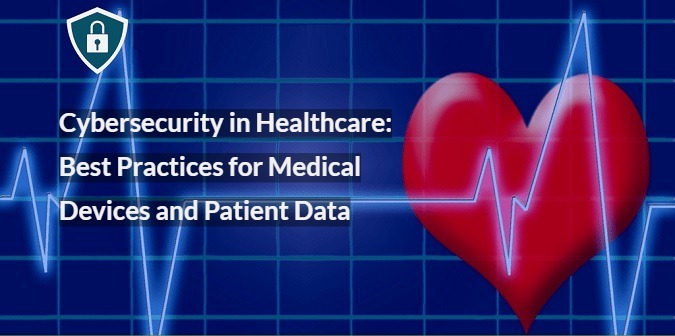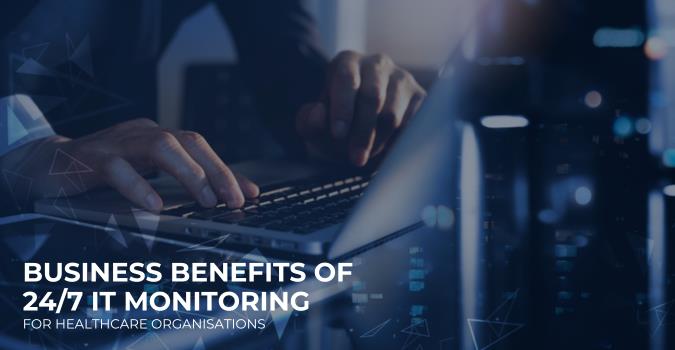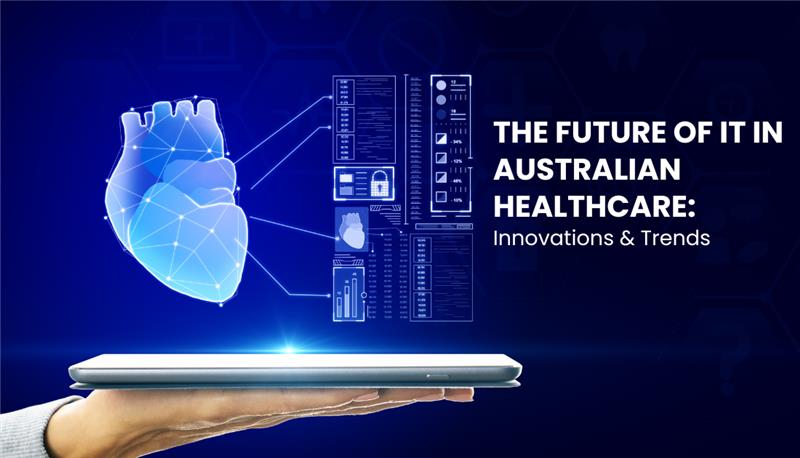Healthcare organisations rely on robust IT systems to manage patient records, facilitate telemedicine and support…

Cyber Security in Healthcare: Keeping Medical Devices Safe and Secure Patient Data
After the huge rise of cyber-attacks and ransomware threats, the Australian Government understands the importance of cyber security in healthcare. Cybercriminals often target patients’ PHI (protected health information), bank account numbers and credit card information, social security numbers, and academic property used in healthcare research and discoveries. This has been proved by high-profile cyber-attacks on Regis Healthcare, the Gippsland Health Alliance, and Anglicare Sydney.
View Cyber Security as a Strategic Priority
Cyber security in Healthcare isn’t a purely technical problem that falls only under the department of IT experts. Rather, it’s about patient safety, enterprise hazards, and an organization’s overall strategy. Cyber security of medical devices comes under a healthcare system’s current enterprise, danger-management, authority, and business-continuity framework.
Healthcare Cybersecurity Services can help medical practices to set cyber protection and patient safety and privacy initiatives. Moreover, these services will allow you to keep delivering high-quality patient care by alleviating disruptions that may result in negative clinical outcomes.
What is a medical device?
A medical device is an instrument, apparatus, machine, or accessory that helps healthcare providers to diagnose, cure, or treat patients and help patients to overcome illness and improve their quality of life.
How To Protect Connection Medical Devices?
Here is some advices on how healthcare services providers can protect your medical devices and patients’ data.
Secure your device and personal data
The most critical step you should take for your data security is to make a distinct password and do not tell it to anyone ever. Following good password practices will help you in ransomware protection.
Secondly, try to operate your device physically as much as you can. Don’t connect your device to other instruments/machines and software unless the device producer says it’s fine.
Device Upgrades
Keep up with all the new updates and keep upgrading your machine. It will secure you from new cyber threats with patches or fixes. Each device is different so, the security practices may differ too. Further, ask your machine’s creator regarding other best practices to follow.
Follow Medical Device Cybersecurity Standards
Knowing the right medical devices’ cybersecurity standards is fundamental. Healthcare providers mostly aren’t aware of risk running and cybersecurity compliance because it’s not their forte.
You may find a confusing range of guidelines and regulations on the internet. But you should know what guidelines you must follow and what are good to follow.
We recommend reading the collection of main standards and guidelines documents that are particularly written for SaMD (medical device software). It’s not an all-inclusive list as it’s curated for SaMD. Additionally, you could also benefit from other cybersecurity content intended for general purposes and comes under the ‘good to follow’ category.
Best Practices for Medical Device Cyber security
Here are some general best practices to follow for your medical devices’ cybersecurity.
- Implement a risk management method to address the security, performance and cybersecurity features of healthcare devices that are linked with their computer systems.
- Get cybersecurity updates including remote and on-site servicing by local cybersecurity services.
- Regularly maintain medical devices installed in a healthcare-IT network and apply risk regulating procedures within the device.
- Create policies for managing security events and devices to alleviate or resolve a safety event.
- Make sure that standby or additional devices will be accessible, as required, should the worst happen.
- Protect Your Patient’s Data 24/7.
If you are a growth-oriented healthcare center or clinic that wants the best for its medical center, you should protect your patients’ data 24/7. If you think that your IT team won’t be able to handle it then hire a cybersecurity services provider to help you.
A cybersecurity service provider will use numerous out-of-work facilities to store information to keep it secure should a catastrophe happen in any one service center.
HIPAA (Health insurance portability and accountability act) Rules
HIPAA compliance ensures that patients’ data is secured. It requires that Healthcare systems must protect the making, usage, receipt, and preservation of electronic PHI (personal health information). It establishes guidelines and ideals for organizational, physical, and technical treatment of the PHI.
Therefore, patients trust those medical practices that are covered by HIPAA. HIPAA rules and regulations are tough to follow and organizations need a robust cybersecurity plan to comply with them. Otherwise, they run the risk of getting penalized or fined with huge amounts of money.
Conclusion
Cyber security in healthcare is critical because medical data is sensitive and precious. If you want to register your healthcare system or practice with HIPAA but are worried about the strict cybersecurity guidelines, Medical IT. Services can help you. Contact us today for a free consultation session with one of our cyber security experts.
Also Read:



